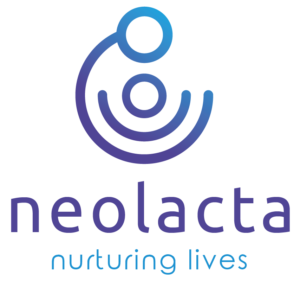Here is how you can consume fennel as part of your breastfeeding diet:
1. As tea
2. As a flavoring agent in any dish
3. As capsules
4. For topical application
Apart from increasing lactation, there are additional health benefits of consuming fennel:
1. Prevents Anaemia
2. Helps in digestion
3. Prevents constipation
4. Boosts Immunity
5. Regulates blood pressure
But as a feeding mother, one should be mindful of the conditions when the consumption of fennel should be avoided, as mentioned below:
1. Epilepsy or other seizures
2. Diabetes or Hypoglycaemia
References
1.World Health Organization. Infant and young child feeding: Model chapter for textbooks for medical students and allied health
professionals. Geneva; 2009.
2. Marshall JL, Godfrey M, Renfrew MJ. Being ‘a good mother’: managing breastfeeding and merging identities. Soc Sci Med.
2007;65(10):2147–59.
3. WHO & UNICEF. Global Strategy on Infant and Young Child Feeding. 55th World Health Assembly. Geneva; 2003.
4. Mihrshahi S, Oddy WH, Peat JK, Kabir I. Association between infant feeding patterns and diarrhoeal and respiratory illness: a cohort study in Chittagong, Bangladesh. Int Breastfeed J. 2008;3:28.
5. Unicef . Iran: Association of breastfeeding.. Available from: http://www.unicef.org/iran/fa/World_Breastfeeding_Week_2013_Key_
Messages_FA.pdf.
6. Chung M, Raman G, Chew P, Magula N, Trikalinos LJ. Breastfeeding and maternal and infant health outcomes in developed countries. Evid Technol Asses. 2007;153:1–186.
7. Mannel R, Martens PJ, Walker M. Core curriculum for lactation consultant practice. In: Hoover K, Marasco L editors. insufficient Milk
Production.. USA: Jones; Bartlett Publishers; 2012. pp. 817–48.
8. Gabay MP. Galactogogues: medications that induce lactation. J Hum Lact. 2002;18(3):274–9.
9. Turkyilmaz C, Onal E, Hirfanoglu IM, Turan O, Koc E, Ergenekon E, et al. The effect of galactagogue herbal tea on breast milk production
and short-term catch-up of birth weight in the first week of life. J Altern Complement Med. 2011;17(2):139–42.
10. Nordeng H, Havnen GC. Use of herbal drugs in pregnancy: a survey among 400 Norwegian women. Pharmacoepidemiol Drug Saf.
2004;13(6):371–80.
11. Gori L, Gallo E, Mascherini V, Mugelli A, Vannacci A, Firenzuoli F. Can estragole in fennel seed decoctions really be considered a danger
for human health? A fennel safety update. Evid Based Complement Alternat Med. 2012;2012:860542.
12. Moura LS, Carvalho JRRN, Stefanini MB, Ming LC, Meireles MAA. Supercritical fluid extraction from fennel (Foeniculum vulgare): global yield, composition and kinetic data. J Supercrit Fluid. 2005;35(3):212–9.
13. Mir Heydar H. Plant Sciencess:used in the prevention and treatment plants. 9 edTehran: Office of Islamic culture; 2010.
14. Shamse Ardakani MR, Haji Akhoundi A, Jamshidi AH, Abdi Kh. [The study of volatile oil of Foeniculum vulgare miller in their tissue culture and comparison with the whole plant]. j.med.plant Res. 2005;4(15):73–80.
15. Patisaul HB, Jefferson W. The pros and cons




